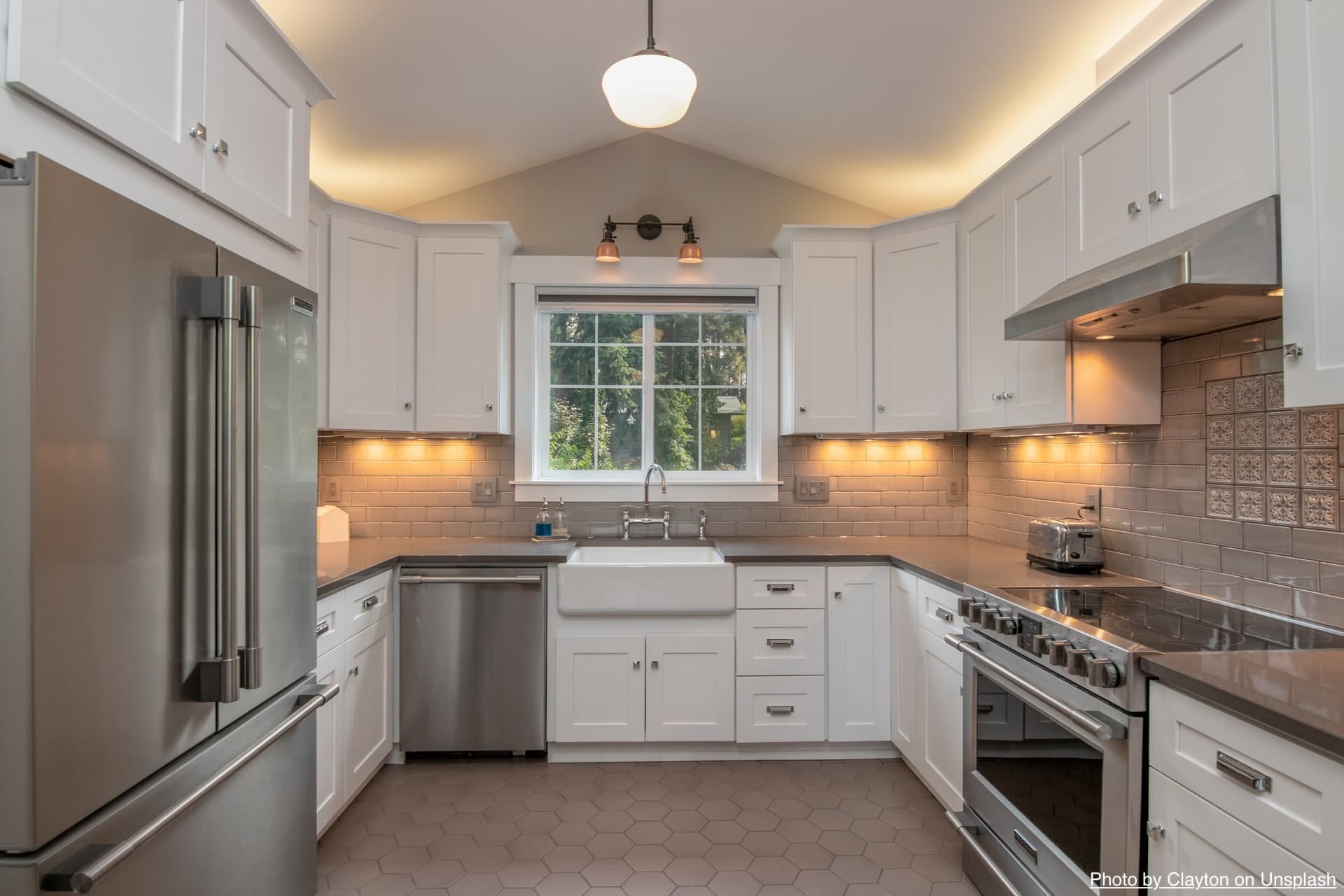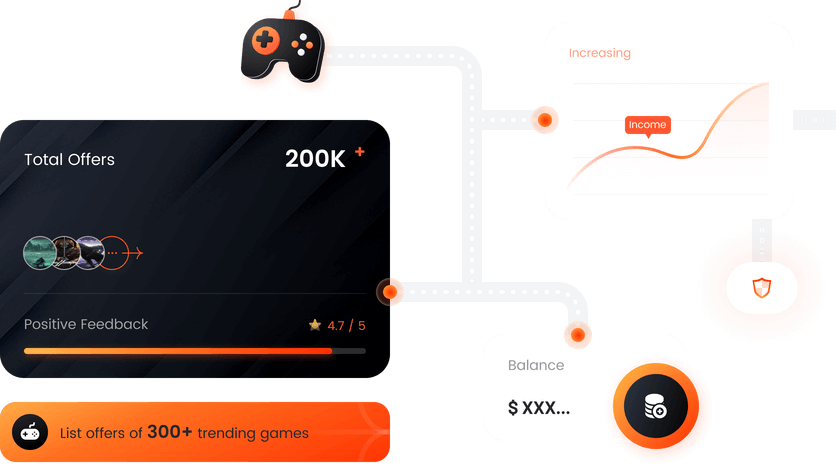How Can You Save More For A House Down Payment

The first step in buying a home is probably thinking about how you can start saving for the down payment. The amount you need to save depends entirely on your income, the cost of the house, and the home loan financing. You need to evaluate all the factors before selecting the price range of your house.
Table of Contents
How To Save For A House Down Payment?
Down payment for a house may sound tricky at first, but having a good mortgage professional by your side can help you ease into the process. Here are some steps you can follow, provided by Rex Homes, to meet your down payment goals.
Start By Answering The Following Questions:
1. How Much Should I Save?
The first step is to start with a clear down payment savings goal in mind. This will depend on your income and the price of the house you are looking at. Many banks and financial institutes provide an affordability calculator where you can input income, location, down payment and debt information to find your affordability range. Mortgage lenders can also inform you about how much mortgage you qualify for.
2. How Long Will It Take Me?
The more time you invest saving up, the more money you will save. It is important to stay focused and not prolong more than necessary.
3. Where Should I Put The Money I Am Saving?
The key to a successful down payment savings is making regular contributions. You can open a separate savings account and set up automatic payments on a monthly basis. This will help you avoid any temptations of spending the money you should actually be saving.
Create An Emergency Fund:
Unexpected incidences such as car accidents, unemployment or health issues can take a huge toll on your savings account. One of the best ways to prevent your down payment savings account from taking a hit in unforeseeable scenarios is to create a separate emergency fund.

Review Your Budget And Cut Back On Expenses:
Once you have made yourself comfortable with the habit of saving for your down payment, you can work on adding additional cash into your savings using the following options:
- Making fixed transfers into your special savings account
- Skipping leisure travel for a year
- Lowering your personal expenses
- Reducing your high interest rate
- Borrowing money from a relative
- Borrowing money from 401(k)
- Selling some of your investments
- Getting a second job
How Will A Good Mortgage Professional Assist You?
A good mortgage professional can help you evaluate your income and finances and guide you to make the best decisions to successfully meet your savings goals. There are several unanticipated expenses like insurance, real estate taxes, maintenance, and utilities that you may not have accounted for. Lenders also require that you have a certain amount of cash left in your account to ensure you are capable to make the first loan repayment. A well-informed mortgage professional can help you understand all these charges early on and prepare you to purchase your first home.





